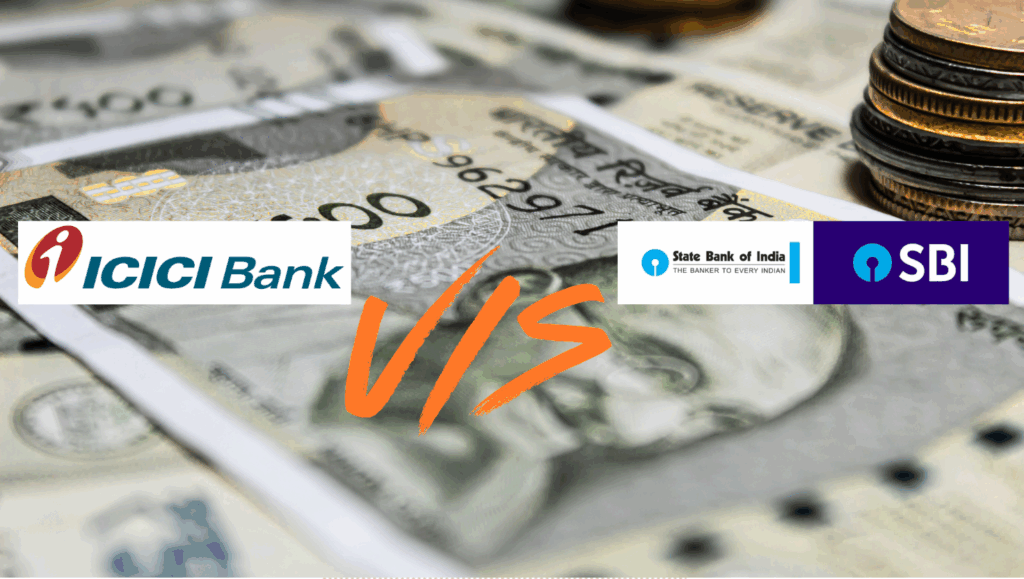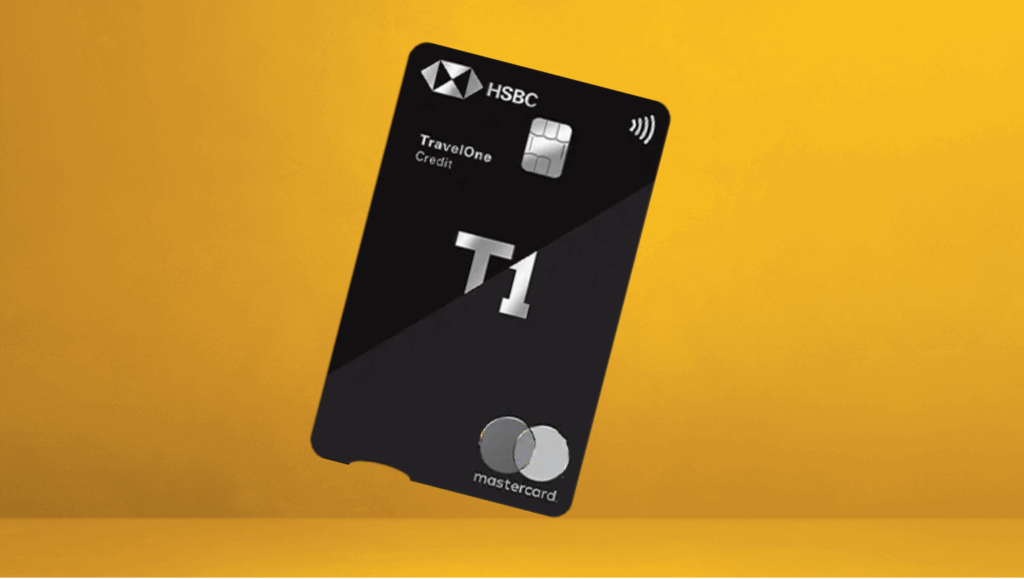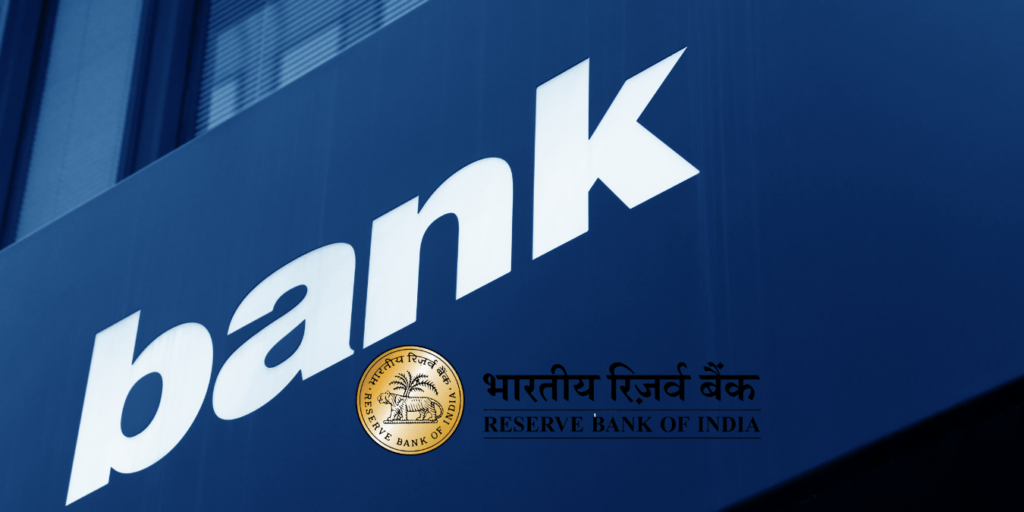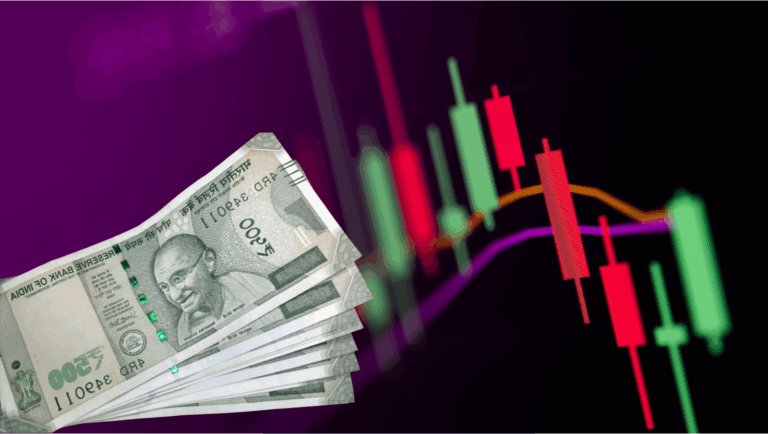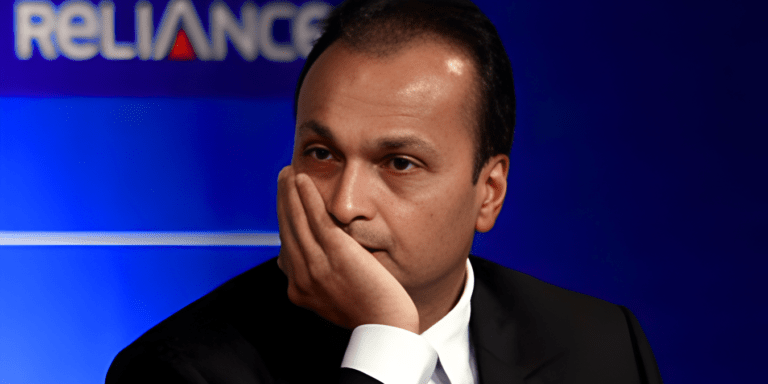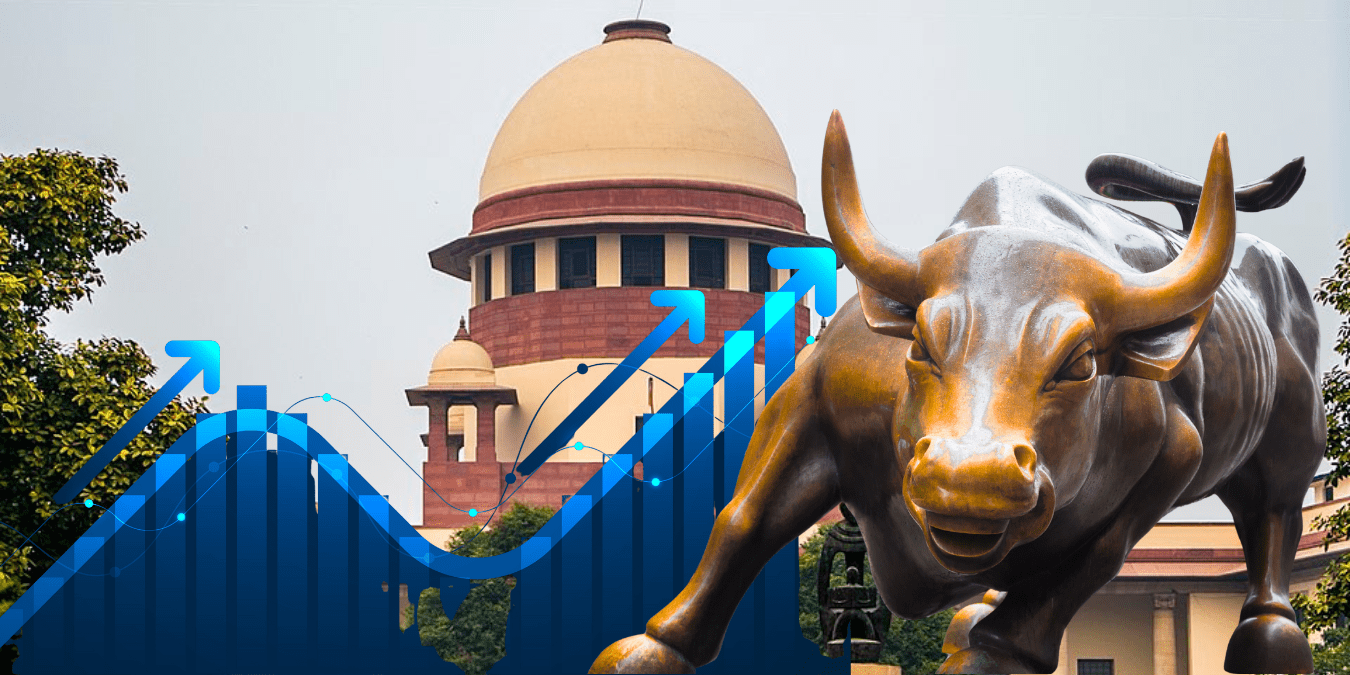
Why India’s Supreme Court Is About to Change Your Stock Trading Costs Forever in 2025
Is India’s stock market facing a secret tax revolution in 2025? The Supreme Court is set to rule on the shocking validity of the Securities Transaction Tax (STT) — a tax hitting every trade, profit or loss. What could this mean for retail traders battling rising costs and hidden double taxation? Discover the surprising impact this legal battle might have on your trading expenses and India’s financial future. Don’t miss the unseen truths behind the SC’s biggest market decision this year!
Imagine paying a tax even when you lose money — sounds unfair? This is exactly the bold challenge facing India’s Securities Transaction Tax (STT) as the Supreme Court gears up to scrutinize its constitutional validity in a landmark case. This smart legal battle could change the way millions of traders in India pay taxes on their stock market transactions, shaking the foundation of the nation’s financial markets.
In this fast-paced, money-driven world, securities trading is booming like never before, but so is the controversy around STT. Why does this tax stand out? Why is it called “punitive”? And what could the SC’s decision mean for every trader and investor in India in 2025 and beyond? Let’s break down the story behind this high-stakes challenge, uncover the hidden truths, and explore what future awaits India’s stock market.
What Is Securities Transaction Tax (STT)? The Quick Lowdown
STT was introduced in 2004 under the Finance Act as a small levy on the buying and selling of securities listed on recognized stock exchanges in India. Charged at 0.1% on both buying and selling, its primary goal was to curb tax evasion by simplifying tax collection at source.
But here’s the secret twist: Unlike most taxes in India that are charged on profits, STT is levied on every transaction — regardless of whether the trader made money or suffered a loss. This taxation on the act of trading itself is what makes it unique, and controversial.
How will the SC hearing affect STT rates for retail traders
The Supreme Court's hearing on the constitutional validity of Securities Transaction Tax (STT) could significantly impact STT rates and the broader cost of trading for retail traders in India. While the court has not yet ruled, the ongoing scrutiny raises two main possibilities:
- Reduction or Removal of STT for Retail Traders: If the Supreme Court finds STT unconstitutional or punitive as alleged, especially because it taxes every transaction regardless of profit or loss, retail traders could see STT rates lowered or the tax repealed altogether. This would reduce trading costs and encourage higher retail participation in stock markets by removing the unique 'double taxation' burden caused by paying STT alongside capital gains tax.
- Reforms in STT Structure: Alternatively, the court may uphold STT but recommend changes, such as introducing refund or offset mechanisms similar to Tax Deducted at Source (TDS), or exempting loss-making transactions from STT. Such reforms would make STT less punitive and somewhat fairer for retail traders without eliminating this important government revenue source (~₹9,500 crore annually).
Currently, STT is charged at 0.1% on both buy and sell transactions for stocks and at varying rates for derivatives, increasing overall trading costs even in loss-making trades. Retail traders, especially frequent or small-volume traders, face disproportionate burdens, which the court case highlights as discouraging active market participation.
In essence, the SC’s decision could provide retail traders relief by lowering costs or ensuring fair taxation principles, potentially boosting market liquidity and retail investor confidence. Conversely, maintaining the current regime may continue the higher cost structure for trading in India.
Why the Supreme Court Is Taking on STT: The Shocking Petition That Changes Everything
In October 2025, the Supreme Court agreed to hear a plea filed by stock trader Aseem Juneja, who contends that STT violates several constitutional rights:
- Right to Equality (Article 14)
- Right to Trade or Practice a Profession (Article 19(1)(g))
- Right to Live with Dignity (Article 21)
Juneja argues that STT amounts to double taxation because traders pay capital gains tax on profits in addition to STT on every transaction. What’s worse, traders must pay STT even when operating at a loss — unlike other Indian taxes that focus on profit at the end of the financial year.
The petition calls STT “punitive” and claims it discourages trading, hurting market liquidity and potentially deterring retail and professional investors alike. The Supreme Court has now issued a notice to the Ministry of Finance seeking their response, marking the first major judicial scrutiny of STT since its inception two decades ago.
How STT Stacks Against Other Taxes: The Double Taxation Debate
This case highlights a quickly rising tax debate in India: Should a tax be imposed on the transaction itself or solely on the profit earned? Here’s why STT’s unique design triggers outrage:
| Tax Type | Basis of Taxation | Charged When Loss Incurred? | Applies to Trading Profession? | Refund/Adjustment Mechanism Available? |
| Securities Transaction Tax | Every transaction amount | Yes | Yes | No |
| Capital Gains Tax | Profit earned | No | No | Yes |
| Income Tax (professionals) | Net annual income | No | Yes | Yes |
This tax design means a trader loses twice: once via STT on every transaction, and again via capital gains tax when profits materialize. No other major international market imposes such a tax on the mere act of trading without regard to profitability, making STT a hidden financial burden unique to India.
Real-World Impact: Who Loses and Who Gains?
Retail & Professional Traders
- Traders face reduced profitability as STT inflates trading costs regardless of outcomes.
- Frequent traders suffer more, as STT is charged on every buy and sell.
- Many retail investors reportedly stay away from short-term trading due to the punitive cost.
Government
- STT generates approximately ₹9,500 crore in annual revenue (FY 2023-24).
- It simplifies tax compliance—collected at source, reducing evasion.
- Courts' decision to invalidate or reform STT could strain government finances and necessitate redesign of securities market taxation.
Market
- STT potentially reduces liquidity as some investors avoid frequent trading.
- If struck down, may increase market participation and volume.
- Regulatory fine-tuning could boost India’s competitiveness in global capital markets.
The Historical Context: Why Was STT Introduced in 2004?
Before STT, India’s stock market taxpayers found loopholes in capital gains that led to tax evasion. STT was introduced as a pre-emptive, instant tax mechanism at trade level to capture revenue early and discourage speculative trading outside exchanges.
This tax was seen as smart and simple back then to enhance transparency, but 21 years on — the market landscape has changed dramatically. Technology, liquidity, and investor profiles have evolved, and so has regulatory thinking.
What’s Next? What the Supreme Court’s Ruling Could Mean for India’s Financial Future
- Invalidate STT:
- Could lead to major tax overhaul.
- Increase trading volumes and investor confidence.
- Pressure government revenue, requiring alternatives.
- Uphold STT But Recommend Reforms:
- Possible refund or adjustment mechanisms.
- Balance government revenue and investor interests.
- Maintain tax simplicity but with fairness.
- Modify STT Structure:
- Reduced rates or exemption for losing trades.
- More aligned with international taxation norms.
Trending Insights: The 2025 Market Buzz Around STT
- With the Finance Ministry’s revised STT rates in early 2025, traders are watching closely for judicial outcomes.
- Market influencers on social media and finance forums highlight the "hidden tax trap" of STT.
- Rising retail market participation post-pandemic keeps focus on reducing barriers like STT.
- The SC's examination marks a future-defining moment for Indian stock market professionals and casual investors alike.
Key Takeaways: What Investors Must Know Now
- STT is a tax on every stock market trade, irrespective of profit or loss.
- The Supreme Court has agreed to examine whether this tax is constitutional or punitive.
- STT co-exists with capital gains tax, leading to claims of double taxation.
- Outcome could reshape tax landscape — impacting government revenue, market liquidity, and investor behavior.
- Traders should stay alert for policy shifts and plan investments with this uncertainty in mind.
Final Thought: The Hidden Question Behind India’s Securities Transaction Tax
As India’s Supreme Court steps into the high-stakes arena of securities taxing, the question isn’t just about legality. It’s about the future of how India nurtures its capital markets and protects the rights of its traders. Will this tax stand as a relic of a past era, or will reforms carve a smarter, fairer path forward? The answer will reveal much about India’s economic future — a future millions of investors are watching with bated breath.
Prepare for a ruling that could unlock hidden opportunities — or send shockwaves through trading desks across the nation. Stay tuned as the drama unfolds.



